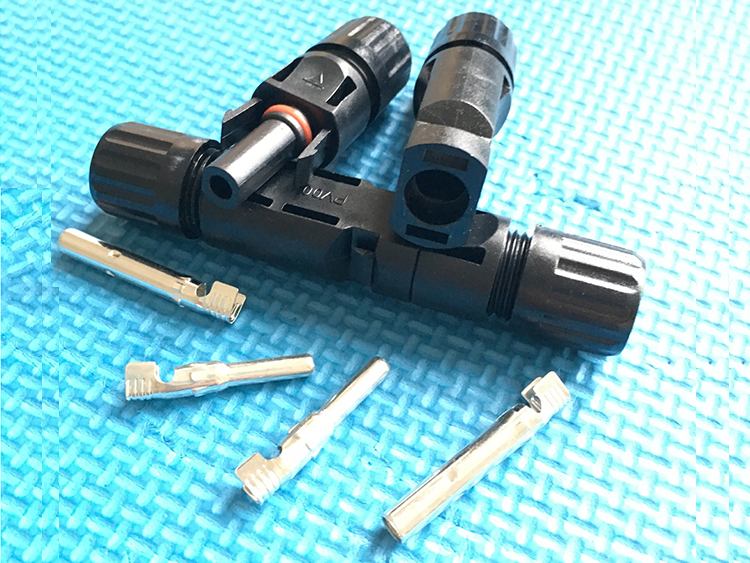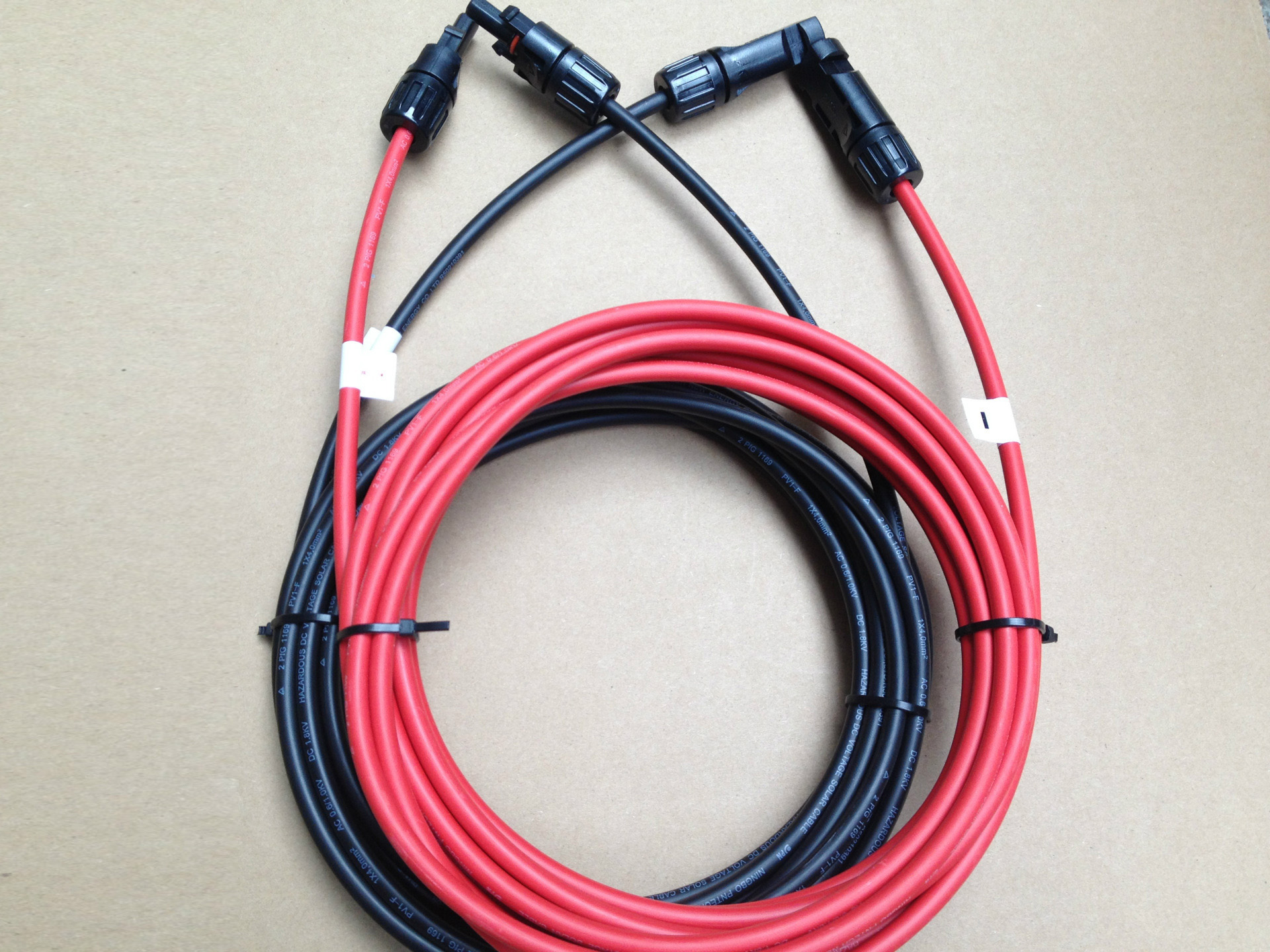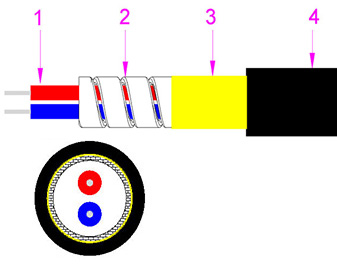Introduction
In today’s industrial landscape, reliable electrical cables are vital for ensuring the smooth operation of various machinery and equipment. Among the diverse range of cables available, rubber cables, mining cables, welding cables, and control cables stand out due to their specific applications and unique characteristics. This article explores the features, benefits, and applications of these essential cables, highlighting their significance in different sectors.
1. Rubber Cables
1.1 Overview
Rubber cables are designed with rubber insulation and sheathing, providing exceptional flexibility and durability. They are commonly used in environments where cables are exposed to extreme conditions, including temperature fluctuations, moisture, and mechanical stress.
1.2 Features
-
Flexibility: Rubber cables are known for their flexibility, allowing them to bend and maneuver easily around obstacles, which is crucial in dynamic environments.
-
Durability: The rubber insulation protects against abrasion, impact, and environmental factors, making them suitable for both indoor and outdoor applications.
-
Temperature Resistance: Rubber cables can operate effectively in a wide temperature range, ensuring reliable performance in various conditions.
1.3 Applications
Rubber cables are used in various applications, including:
-
Construction Sites: They are often employed to power tools and machinery on construction sites, where flexibility and durability are essential.
-
Entertainment Industry: In film and music production, rubber cables are used to connect lighting and sound equipment, providing reliable power supply in challenging conditions.
-
Agricultural Machinery: These cables are suitable for connecting agricultural equipment, such as tractors and harvesters, due to their resilience to outdoor conditions.
2. Mining Cables
2.1 Overview
Mining cables are specially designed for use in harsh underground environments. They are built to withstand extreme conditions, including moisture, abrasion, and chemical exposure, making them essential for mining operations.
2.2 Features
-
Robust Construction: Mining cables are constructed with durable materials to withstand the rigors of mining environments, including high mechanical stress.
-
Water and Chemical Resistance: The insulation materials used in mining cables are designed to resist moisture and chemicals commonly found in mining operations.
-
High Voltage Ratings: Mining cables are capable of handling high voltage and current levels, ensuring efficient power transmission in heavy machinery.
2.3 Applications
Mining cables are critical in various applications, including:
-
Underground Mining: They are used to power equipment such as drills, conveyors, and ventilation systems in underground mines.
-
Surface Mining: Mining cables are also employed in surface mining operations to connect machinery and ensure reliable power supply.
-
Tunneling Operations: In tunneling projects, these cables are essential for powering equipment and ensuring safety in confined spaces.

3. Welding Cables
3.1 Overview
Welding cables are specifically designed to carry the high currents required for welding processes. They provide excellent conductivity and flexibility, making them ideal for various welding applications.
3.2 Features
-
High Current Capacity: Welding cables can handle high currents without overheating, ensuring efficient welding operations.
-
Flexibility and Maneuverability: The design of welding cables allows for easy handling and positioning during welding processes.
-
Heat Resistance: The insulation on welding cables is designed to withstand the high temperatures generated during welding.
3.3 Applications
Welding cables are widely used in various industries, including:
-
Manufacturing: In manufacturing environments, welding cables are essential for connecting welding machines and powering production lines.
-
Construction: Welding cables are used in construction for structural welding, metal fabrication, and installation tasks.
-
Automotive Industry: They play a crucial role in automotive repair and manufacturing, ensuring reliable connections for welding equipment.
4. Control Cables
4.1 Overview
Control cables are designed for controlling and monitoring electrical devices and systems. They facilitate communication between different equipment and ensure precise operation.
4.2 Features
-
Versatile Design: Control cables come in various configurations, including multi-core designs, allowing for multiple connections in one cable.
-
Signal Integrity: These cables are designed to maintain signal integrity, ensuring accurate transmission of control signals.
-
Low Voltage Ratings: Control cables are typically used in low voltage applications, making them suitable for various control systems.
4.3 Applications
Control cables are used in numerous applications, including:
-
Industrial Automation: In automated manufacturing processes, control cables connect sensors, actuators, and control panels.
-
Building Management Systems: Control cables are integral to building management systems, allowing for efficient control of lighting, HVAC, and security systems.
-
Transportation Systems: In transportation, control cables are used to manage signals, switches, and controls in rail and road systems.
5. Comparison of Cable Types
|
Feature |
Rubber Cables |
Mining Cables |
Welding Cables |
Control Cables |
|
Insulation Material |
Rubber |
Special insulation for harsh environments |
High-temperature resistant materials |
Various insulating materials |
|
Flexibility |
High |
Moderate |
High |
Moderate |
|
Durability |
High |
Very high |
High |
Moderate |
|
Current Capacity |
Moderate |
High |
Very high |
Low to moderate |
|
Typical Applications |
Construction, agriculture |
Underground and surface mining |
Manufacturing, automotive |
Industrial automation, building management |
6. Conclusion
Rubber cables, mining cables, welding cables, and control cables are integral components of modern industrial operations. Each type of cable serves specific functions and applications, catering to the diverse needs of various industries.
Understanding the unique features and benefits of these cables is crucial for selecting the right type for specific applications, ensuring safety, reliability, and efficiency in electrical systems. By investing in quality cables tailored to their specific use, industries can enhance their operational capabilities and reduce downtime, ultimately leading to increased productivity and safety.












